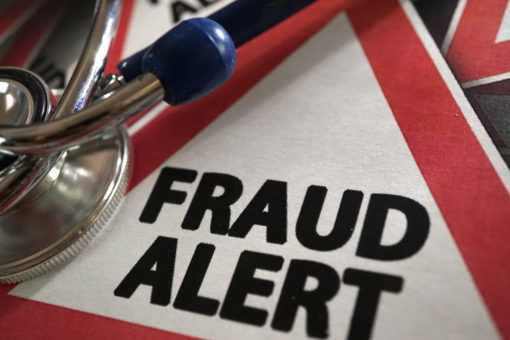
It could feel overwhelming and distressing. As you proceed through the audit and subpoena process, you should be well informed. Keep reading to learn more and contact Chambers Law Firm at 714-760-4088 to request a consultation with a federal criminal defense attorney.
The Office of Inspector General’s subpoenas (OIG)
The Office of Inspector General (OIG) subpoenas witnesses in order to conduct an investigation into claims of health care fraud without involving a federal court. Typically, the false allegations pertain to purported transgressions of the Stark Law, the False Claims Act, Medicare, Medicaid, or other laws.
Subpoenas frequently ask for papers related to billing records, the organization of the company, financial data, and email correspondences amongst top management.
Most individuals are shocked to receive a subpoena from the Inspector General, which is usually issued after a current or former employee has given the government information they consider reliable. In other words, accusations of misbehavior are being made by ex-disgruntled workers.
A review of the Inspector General’s Office
The Department of Health and Human Services’ (HHS) law enforcement division is known as the Office of Inspector General (commonly shortened as OIG). Healthcare fraud is a major problem.
Officials from the Office of Inspector General OIG are entrusted with auditing and investigating service providers who may have engaged in fraudulent activities. They are permitted to issue subpoenas in cases of fraud involving federal health programs like Medicare or Medicaid.
OIG subpoenas are issued through an administrative procedure, and it’s not always obvious from the subpoena whether a civil or criminal inquiry is under action. The OIG is requesting access to records that they think will be necessary to substantiate the claims at issue. Due to the OIG’s affiliation with the federal government, its inquiries typically center on claims of program fraud.
The subpoenas often ask for a large number of papers over a long period of time.
When OIG subpoenas are issued
OIG investigations are frequently started for the following motives: after OIG examined billing information that raises concerns or whistleblowers, such as former workers, report knowledge of wrongdoing based on questionable information provided by a provider relating government programs (such as Medicare) (typically via a qui tam lawsuit),
After gathering sufficient data, OIG authorities will subpoena the person or entity of interest and begin an investigation into possible violations of one or more federal laws, including False Claims Act, Health Care Fraud, Anti-Kickback Statute, and the Stark Law.
Do not respond to a federal subpoena without talking to a federal defense attorney
Whether you believe you are guilty or innocent, you do not want to respond to a federal subpoena until you have a chance to talk to a federal defense attorney. You can do so easily by reaching out to Chambers Law Firm at 714-760-4088.




